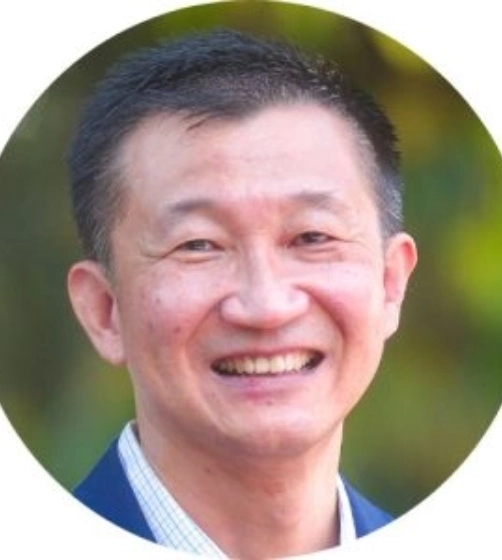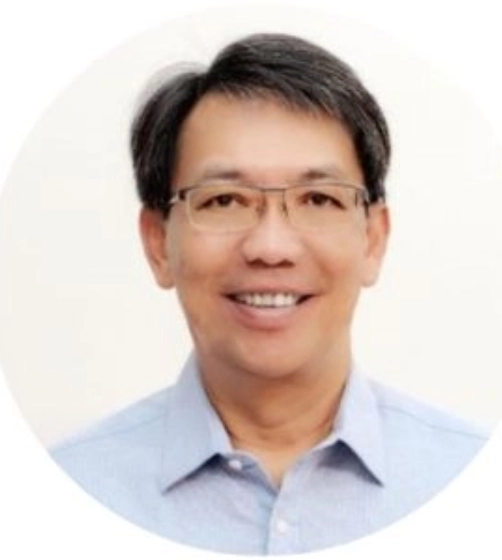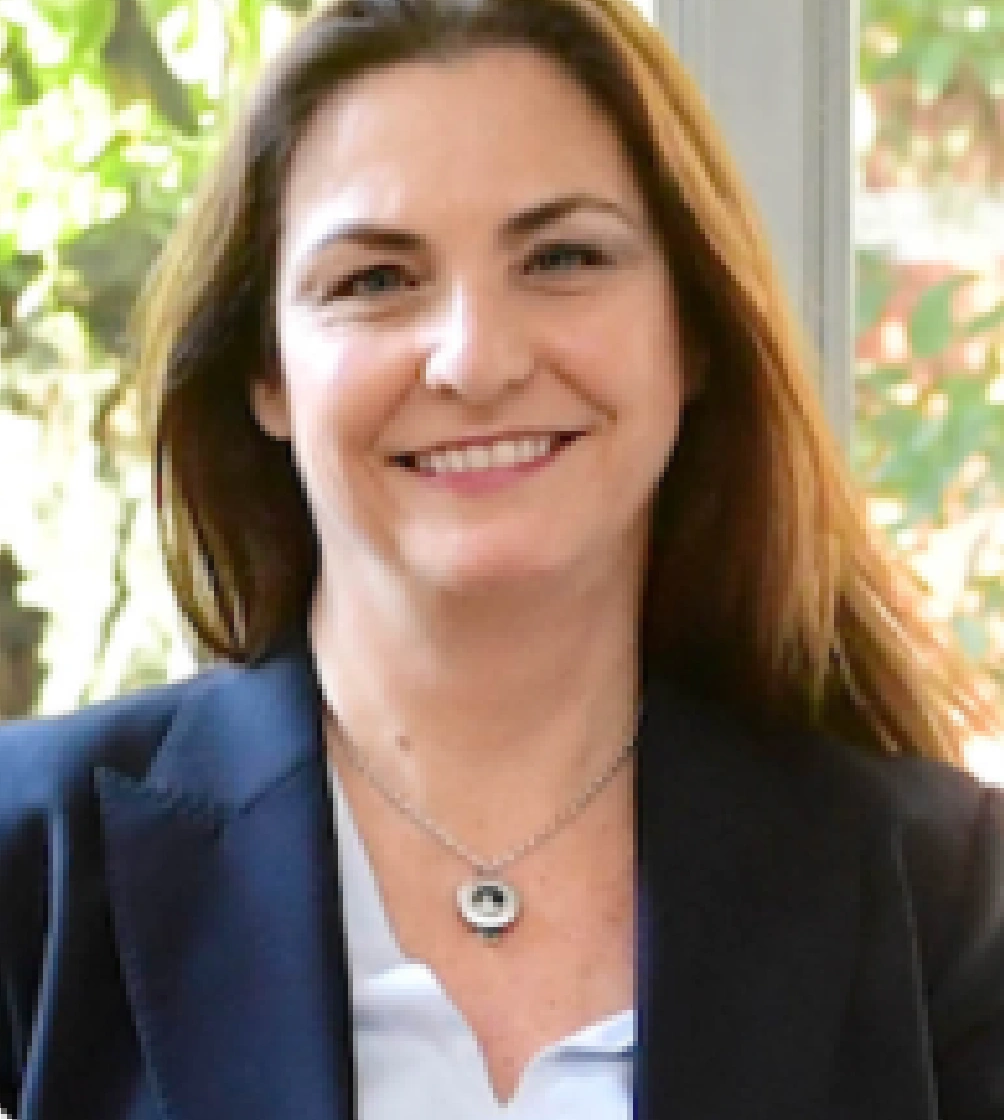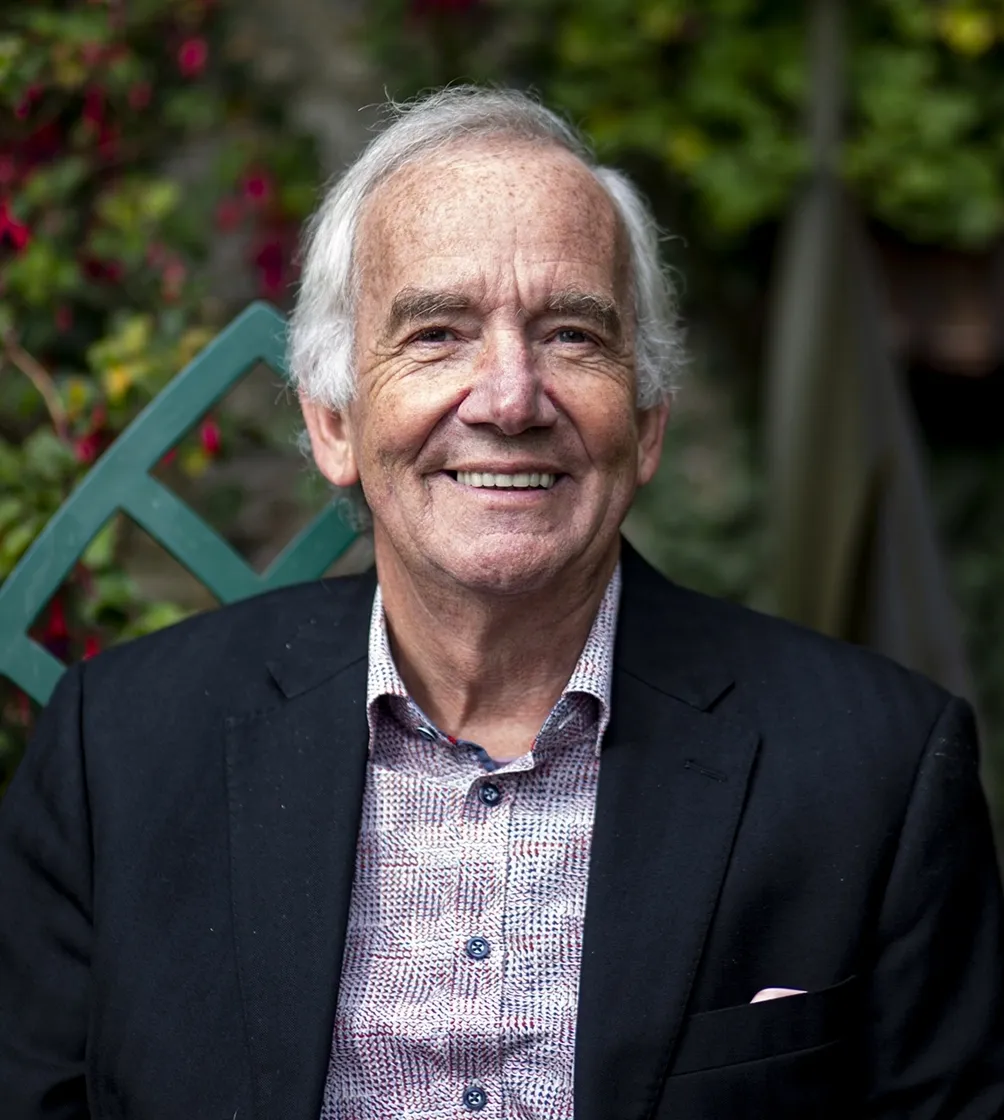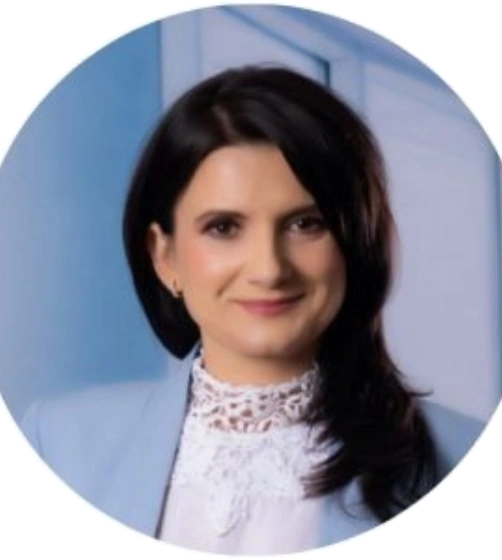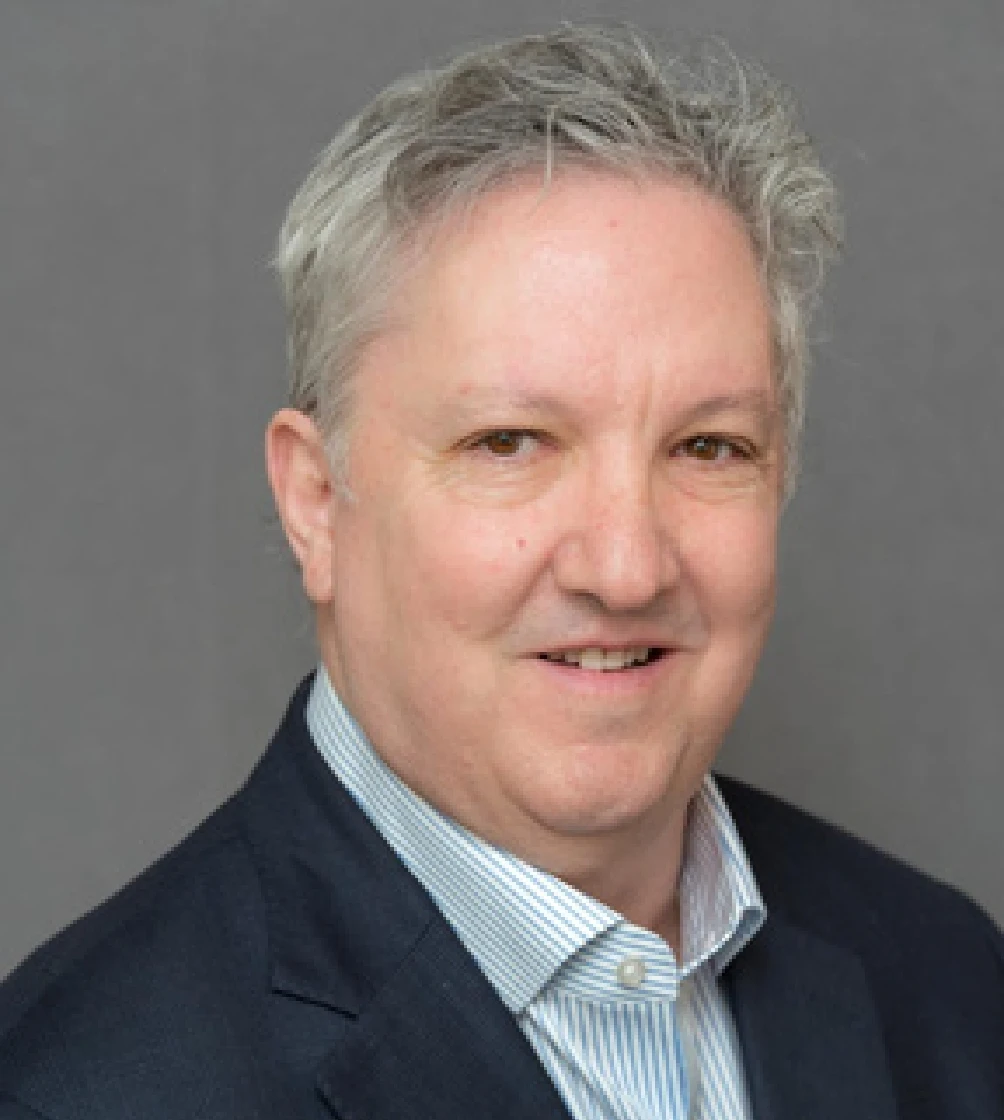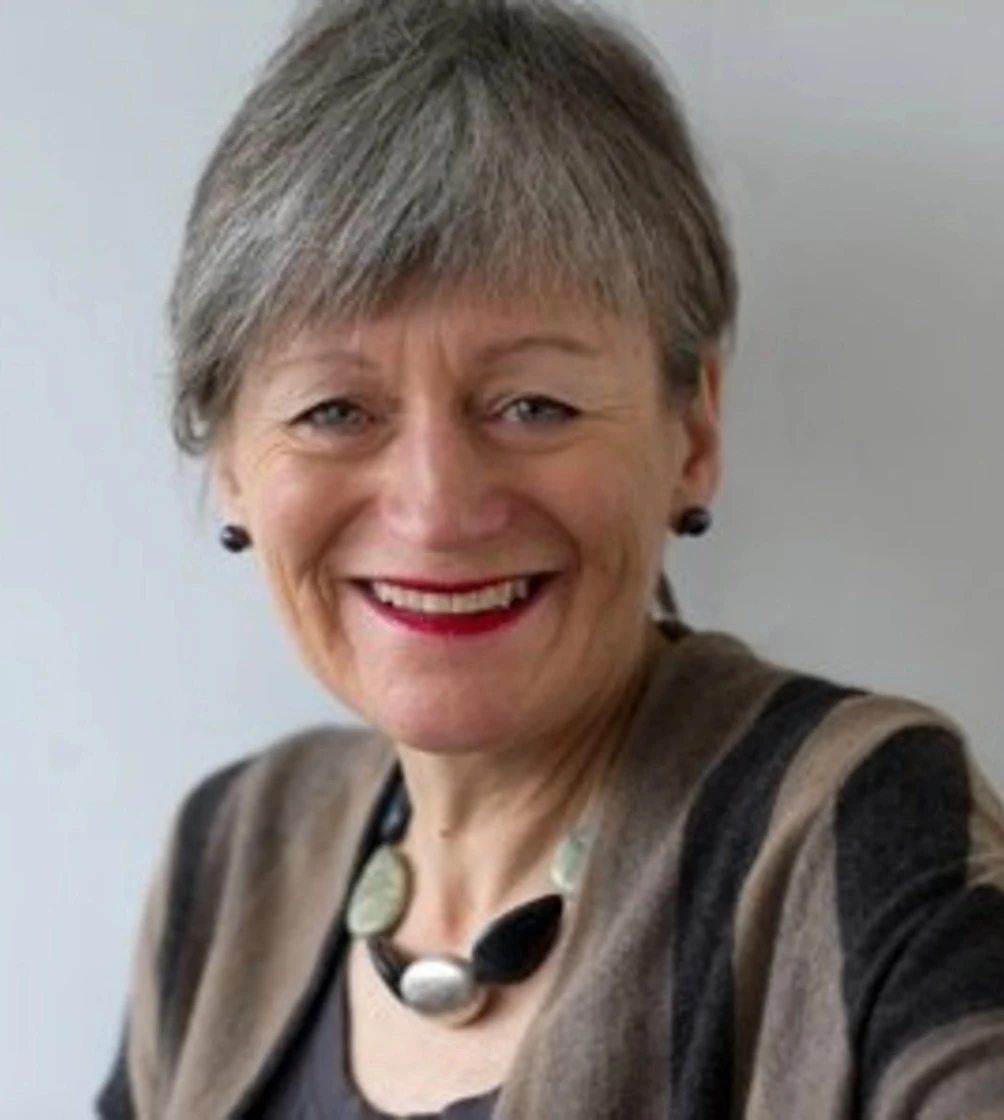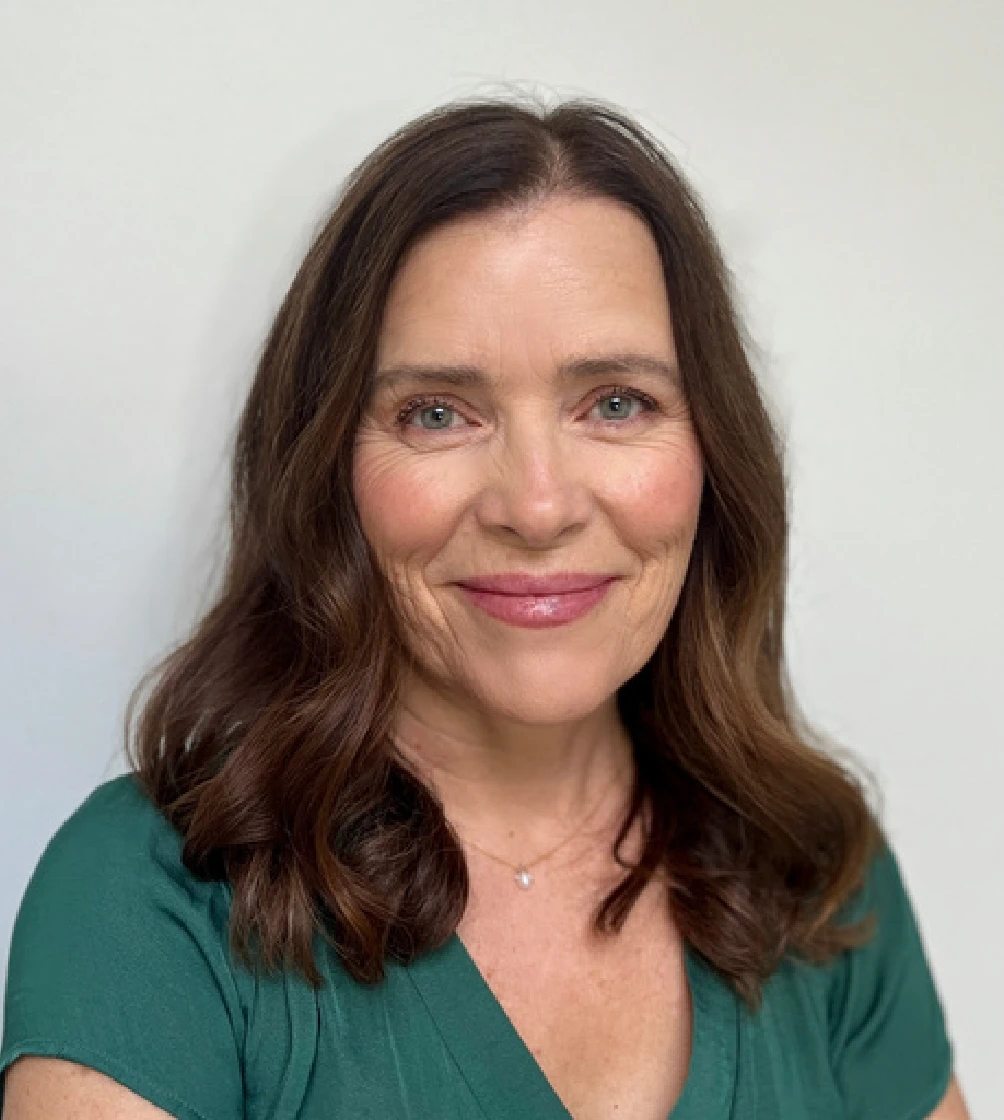The late David Kantor (17 December 1927 – 28 March 2021) made a very valuable contribution to exploring different roles and communication patterns in teams. His “Four Player” model, proposed that there are four different roles team members can play in team meetings. These are:
- Mover – a person who proposes or advocates an action or strategy for the team
- Opposer – the person who opposes what has been proposed
- Follower – people who agree and follow what has been proposed
- Bystander – someone who neither supports nor opposes what has been proposed, but provides information, data, or commentary on the proposition
These are often laid out in the following model:
Mover
Bystander
Follower
Opposer
These roles can be further used to explore the dominant or habitual communication patterns in a team. Using P for a proposition; O, for an opposition, F, for the communicating of support and followership, and B – for a neutral contribution from a bystander.
Thus, a team meeting where someone put up an idea, which is immediately opposed, followed by a different proposition, which in turn is immediately opposed would be scored as M/O/M/O.
A meeting where a proposition is put forward and everyone just falls into line agreeing to it, would be M/F/F/F/F.
A meeting where a Proposition is put forward and several team members provide a commentary and stories and further data, but no one agrees to make it happen would be M/B/B/B/B.
There are many other patterns and dance between the four types of players. If people stick to just these four player roles, the best that can be hoped for when a mover makes a proposition is that some followers, say great idea, I am up for that, while some of the bystanders bring other perspectives, data and experience that helps refine and develop the proposition, before they too become followers of the new improved idea.
The model captures some of the often-adopted roles and interplays in traditional team meetings. However, in the many years I have been working in teams I constantly meet the need of the team to go beyond understanding the roles they are trapped in enacting, to discovering how these can transform in a way for the team to be more co-creative and generative. This is where team coaches need not only maps to better see the current terrain of the team, but also possible new transformative pathways. That help the team mature their inter-play.
Moving the dancers on to transform the dance.
I have written a great deal, about how you develop co-creation and generative dialogue within leadership teams that is a key part of creating a team that is more than the sum of its parts. (See especially Hawkins 2021 and Hawkins 2022), In relation to the role and patterns that David Kantor so usefully saw and wrote about, I have discovered that what can help the team move on further, is first for all four players to transform how they play their role.
Mover to Challenge Framer
The first important change is when the person that brings the proposition steps back from being a Mover, trying to promote and persuade people to follow a solution, and instead frames the challenge that they are inviting the team to help them address. I have frequently written about how, if the team do not own and buy into the challenge, they will not own and buy into the solution. I think it was Reg Revans who said, “people do not resist change, they resist being changed”.
Opposer to Inquirer
When the challenge has been framed and people invited to help address it, the next changed required is for the Opposer to become an inquirer, sharing any concerns not through arguing against any potential solution, but asking questions that address their concerns, or invite exploration of potential unintended consequences to different ways of addressing the challenge.
Bystander to Contributor
To create a change in the culture of an organization or even in a team dynamic, one of the quickest ways is to mobilise the bystanders. A Team Coach or team member can ask the people who are sitting on the side-lines watching a conflict or a stuck situation, to come out of the audience and get active on the pitch. This involves also helping them move from being a non-committal commentator on what is happening to someone who build on what is there and develops and shapes it to the next stage of iteration and development.
Follower to Implementer
I have witnessed many times, teams all agreeing to what is proposed but then wondering a month later why it has not happened. Sometimes I will point out they have confused agreement with commitment. Agreement is made with raising your hand or nodding your head and means I think it is a good idea and someone should make it happen. Commitment is embodied and means I will put my energy into making it happen.
With these transformed player roles, the dance can look very different.
- CF. We have a challenge X and I need the team’s help in working out how we will address it.
- Can you say more about what you see as the dangers and risks if we do not address X?
I (2). What would success look like if we managed to collectively address that challenge?
- One way I have seen this challenge being addressed elsewhere is….
C (2). What if we experimented with ……
C (3). One way I would build on that is….
- These are great ideas, if I have heard you right and put all those ideas together it sounds like the first step we need to make happen is…….
Imp. I am up for leading on making that happen. Are there 2 or 3 others that will work with me on this?
Imp (2,3,4,) Yes happy to support you on this.
- CF. When will you bring this back to the team for us to collectively develop it further?
Imp. Two weeks today if the others of you think this is realistic?
Thus, by transforming each of the dancers we have created a new dance between them which is more generative and co-creative dance. But this transformation of the dance does not happen over-night, it takes clear intention, and practice, and mutual help an challenge when we all fall back on old habits and patterns.
Peter Hawkins April 2023
- Hawkins, P. (2021). Leadership Team Coaching: Developing Collective Transformational Leadership. 4th edition. London: Kogan Page
- Hawkins, P. (ed) (2022). Leadership Team Coaching in Practice: Case Studies on Creating Highly Effective Teams. 3rd edition. London: Kogan Page
- Kantor, D. (2012) Reading the Room: Group Dynamics for Coaches and Leaders. San Francisco, USA: Jossey-Bass


